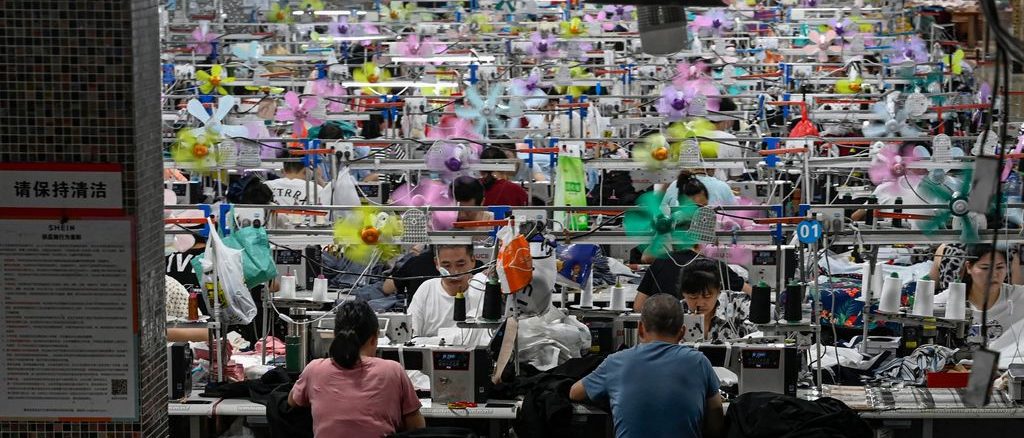
Sustainability funds ASN are leaving clothing companies
Sustainability-oriented asset manager ASN Impact Investors has sold all interests in clothing companies. According to ASN, companies such as H&M, Zara’s parent company, and Asics are making insufficient progress in the field of sustainability under pressure from Chinese competitors.
It is a “diabolical dilemma”, says director San Lie, because ASN no longer maintains discussions with these companies as a shareholder. “There have been some improvements in terms of working conditions, but not enough is happening and it is not happening fast enough.”
According to Lie, it seems as if the sector is caught in a movement towards only producing more. “These clothing companies are now competing with Chinese parties such as Shein and Temu, which produce even faster. This stands in the way of sustainability.”
ASN Impact Investors is the manager of ASN’s sustainability funds and, like ASN Bank, falls under de Volksbank. The funds have a total of 4.2 billion under management. 70 million of that was invested in the clothing industry
Consumers are receptive to the constant flow of new clothing, Lie sees. “We know about the dire conditions in factories and the beaches that are full of clothing waste. Yet we are inclined to buy new clothes when we walk into a shopping street.”
The clothing industry is one of the most polluting industries in the world. Greenhouse gas emissions are high, as is environmental pollution of land and water. Polyester clothing is also responsible for a large part of the microplastic problem. These microplastics are mainly released during the first washes, which is further encouraged by ‘fast fashion’.
Because the industry is not changing fast enough and consumers are not forcing this, Lie believes that the government has a task to combat negative effects of the clothing industry. This also happens in other countries. In France, for example, legislation is being drawn up that could make ‘fast fashion’ garments up to 10 euros more expensive each.
Europe is also working on a series of laws and regulations to prevent the sale of large quantities of cheap clothing. For example, the EU wants all garments to have a digital product passport from 2027 with detailed information about, among other things, origin and emissions. The idea is that this way the consumer can make an informed choice.

Be the first to comment